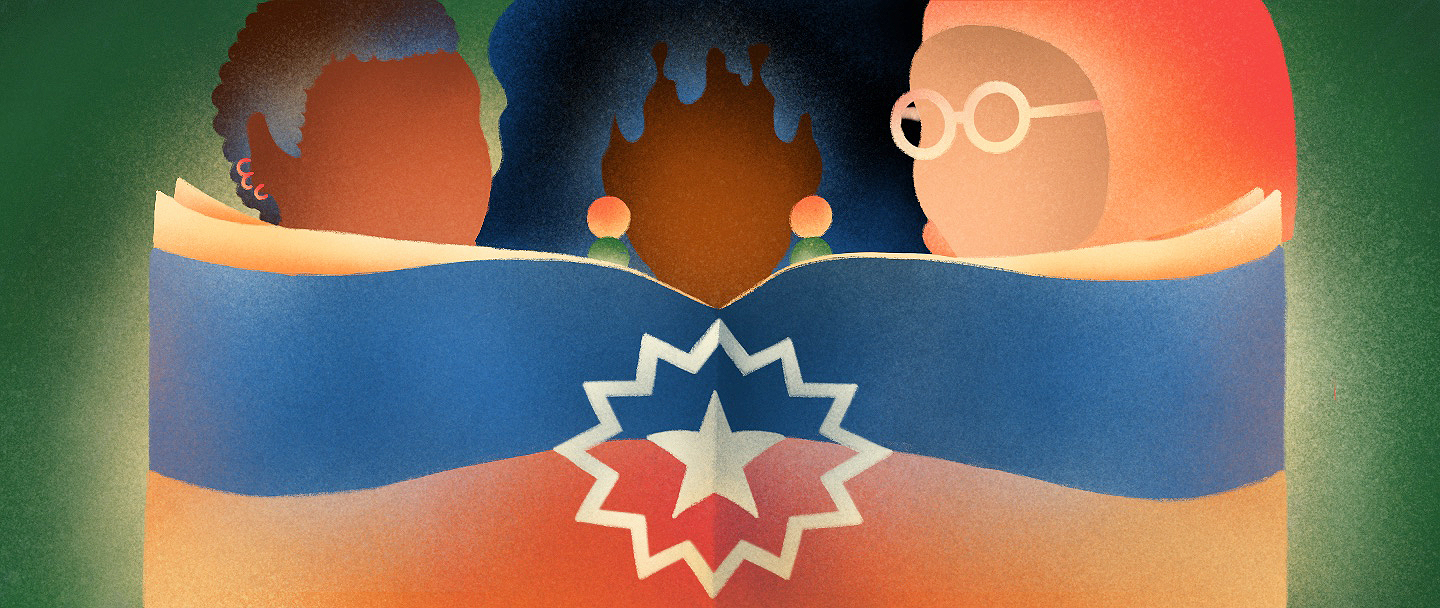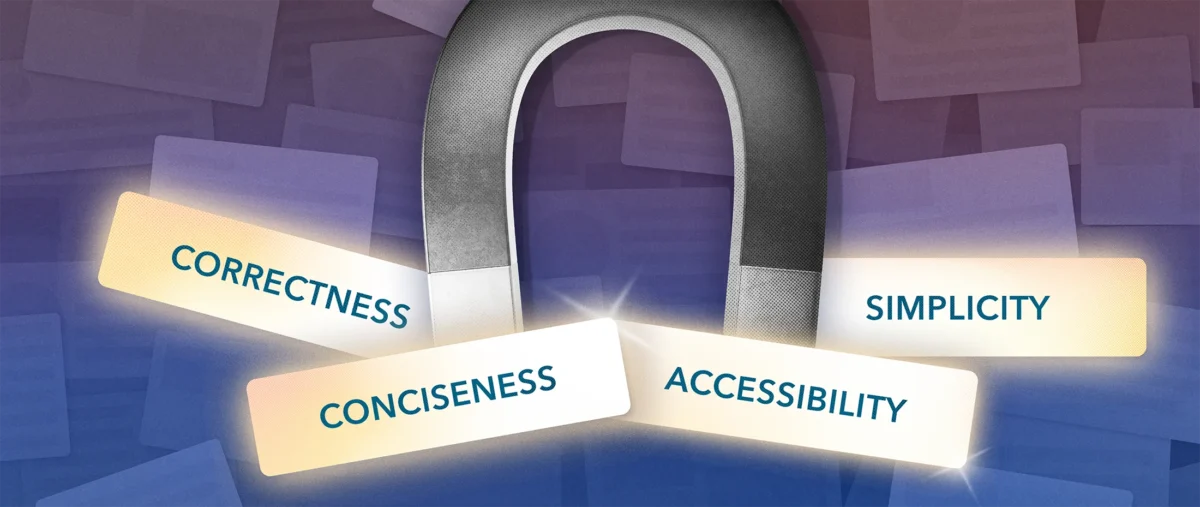|
|
As we get ready to celebrate the second official Juneteenth since President Biden mandated it a federal holiday in 2021, many Americans are still learning about its history and how to respectfully honor the day that marks the de facto end of slavery in the United States.
Since the holiday is new and unfamiliar for some outside of Texas, many people, including marketers, are unsure how to commemorate the day. Embarking on this new frontier can backfire—and we’ve already seen it happen.
WHEN COMPANIES GET IT WRONG
What Walmart saw as a sweet nod to Juneteenth quickly turned sour. The company came under fire when a customer in North Carolina uploaded a photo of the retailer’s Great Value (store brand) red velvet ice cream emblazoned with “Celebration Edition Juneteenth” in Afrocentric colors and designs.
“Share and celebrate African American culture, emancipation and enduring hope,” read the label on the ice cream carton. The overall packaging and messaging and the stereotypical food choice were off-putting. More than a marketing mishap, it felt to many like an affront to the significance of the holiday.
“It’s another example of what might have been good intentions mixed with an irresponsible and insensitive marketing strategy,” says Davia Rose Lassiter, who works as a marketing contractor and adjunct professor at the University of West Georgia and Georgia State University. “It made a mockery of the purpose of recognizing Juneteenth by trying to capitalize on it. Although research explains how red velvet cake (and other red-colored foods) are related to the holiday, the way in which it was presented without any historical significance was problematic.”
Walmart acknowledged the misstep and apologized. But unfortunately, it wasn’t the only establishment to plaster “Juneteenth” on a product marketed seemingly and stereotypically for African Americans. Earlier this month, the Children’s Museum of Indianapolis received social media backlash after a patron shared a photo of a “Juneteenth watermelon salad” that was being sold at their food court. (Like Walmart, the museum issued an apology and removed the product from its menu.)
CELEBRATING WITH RESPECT
Will Juneteenth become a commercialized holiday—the next “Presidents Day Mattress Sale”? “Regardless of my opinion here, I think it will be,” Lassiter says. “Memorial Day is a day to honor loved ones who lost their lives while serving in the military, but it is treated as a day to capitalize on sales. I think it is inevitable that Juneteenth will be treated in this way, but I think the responsibility is on the companies to do their best to ensure respect in the process.”
Lassiter, who teaches communications and women-in-business courses, believes that with the right intentions and a good strategy, Juneteenth can and should be celebrated by corporations.
Creating an environment where people can celebrate in the ways they see fit is one example. “If an employee wants to have Juneteenth decorations in their office/workspace, then they should be protected in doing so,” she says. “Far too often, Black people find themselves as the ‘only one’ in the workplace and experience psychological damage from feeling like they have to restrict their authenticity in order to cope in a majority-white workplace.”
A simple acknowledgement of the holiday can be impactful and go a long way. “Just like corporations send Happy Fourth of July, Christmas, Hanukkah, Pride Month, and Black History Month messages on their websites and social media, they can do the exact same for Juneteenth,” says Lassiter. “Google gets it right every time. They have an effortless way of recognizing holidays, individuals, occasions, etc. It’s never overdone.”
EDUCATE, EDUCATE, EDUCATE!
Lassiter feels that in order to be effective and avoid coming across as offensive, diversity and thorough education are crucial. “Have diverse voices at the table—more than one,” she says. “And do the proper research to determine what will make sense.”
Allyship doesn’t require being in a position of power. Anyone can be an ally, and the same goes for honoring an American holiday. “Learn about the holiday,” says Lassiter. “Also, respect the space—gatherings, events. Juneteenth is still new to a lot of people (Black and otherwise), so approaching this from an educational POV will be helpful.” She adds, “If a non-Black person hears someone disparaging the holiday (and Black people), they need to do some type of corrective action. This is where education comes in. Allyship happens when people are looking and when they are not.”
Elijah Anderson, Sterling Professor of sociology and African American studies at Yale, also believes that education is vital, and that Juneteenth should be seen as an American holiday and not just an important day for African Americans.
“A lot of people assume that Black history is a for Black people kind of thing,” he says. “And in fact, Black history is American history.” Anderson, who is the author of Black in White Space: The Enduring Impact of Color in Everyday Life, adds, “I think that’s part of the problem with something like Juneteenth in which a lot of people say, ‘Well, that’s for Black people.’ But really, it’s for the whole country to appreciate. So, we have a lot of growing and a lot of education to do.”
How can marketers and professional communicators get it right? It’s simple. Don’t look at the holiday as the latest trend to chase. Do the work by doing in-depth research and creating intentional events and messages, for employees and customers alike.









